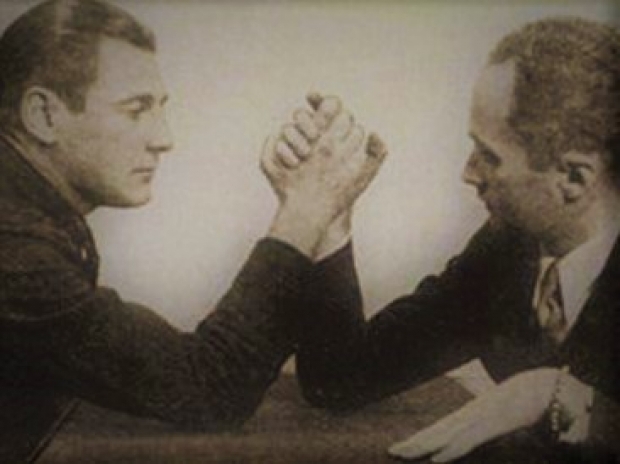Arm expressed its dissatisfaction with the outcome. "We are disappointed that the jury was unable to reach consensus across the claims," the company said. "We intend to seek a retrial due to the jury’s deadlock. From the outset, our top priority has been to protect Arm’s IP and the unparalleled ecosystem we have built with our valued partners over more than 30 years."
Qualcomm, on the other hand, welcomed the jury's decision. Ann Chaplin, the company’s General Counsel and Corporate Secretary, stated: “We are pleased with today’s decision. The jury has vindicated Qualcomm’s right to innovate and affirmed that all the Qualcomm products at issue in the case are protected by Qualcomm’s contract with ARM. We will continue to develop performance-leading, world-class products that benefit consumers worldwide, with our incredible Oryon ARM-compliant custom CPUs.”
The dispute centres on Qualcomm’s use of Arm’s intellectual property (IP) in its Snapdragon X processors, which feature Oryon cores originally developed by Nuvia. Arm argued that Qualcomm violated licensing agreements and claimed that Nuvia’s technology, originally designed for data centre processors, should not have been repurposed for client devices without renegotiating licensing terms.
Arm further contended that the licensing agreements held by Nuvia prior to its acquisition by Qualcomm in 2021 did not automatically transfer to Qualcomm. As a result, Arm demanded that Qualcomm either renegotiate the terms or cease using Nuvia’s designs. Qualcomm, however, maintained that its existing Arm instruction set architecture license covered technology developed by its subsidiaries, including Nuvia.
Despite Arm’s demands, Qualcomm proceeded to launch its Snapdragon X processor line for client PCs, arguing that the designs were in compliance with its licensing agreements. Gerard Williams III, a former Apple engineer and lead developer of Oryon cores, testified during the trial that the design contained less than a per cent of Arm technology, bolstering Qualcomm’s defence.
The jury ultimately sided with Qualcomm on two key counts, clearing the company of wrongdoing. However, the deadlock over whether Nuvia had breached its licensing terms leaves room for Arm to take that specific issue back to court.
If Arm proceeds with a retrial, it will be limited to litigating the unresolved count, as the other two have already been decided in Qualcomm’s favour.




